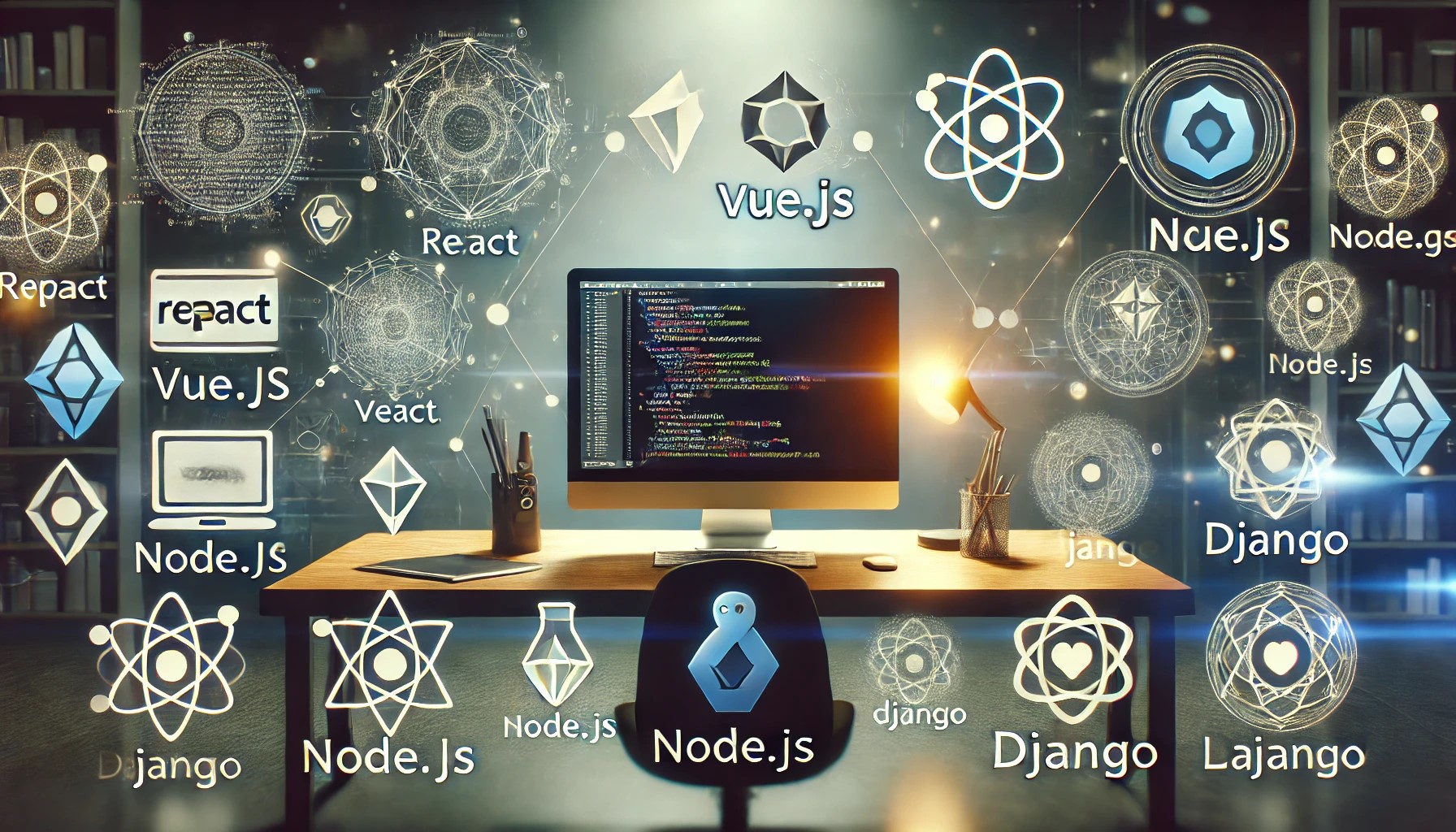Choosing the Best Framework for Web Development: A Quick Guide

When it comes to web development, selecting the correct framework is critical for achieving efficient and scalable results. React stands out for frontend development because of its component-based architecture, which allows for flexible and reusable UI designs. Another popular choice is Vue.js, which is noted for its ease of use and seamless integration into existing projects, making it suitable for beginners while remaining powerful for complex applications.
On the backend, Node.js is a strong force, particularly among JavaScript developers who want to utilize the same language for both client- and server-side logic. For those leaning toward Python, Django provides a full-stack framework with batteries included, which means it has many built-in capabilities that make development easier.
Similarly, Flask is a lightweight Python framework that is best suited for smaller projects or when you need more control over certain components.
Laravel is a popular PHP framework that provides attractive syntax and a robust environment, allowing for smooth and efficient backend development. It excels at tasks like routing, authentication, and caching, which are frequently required in large-scale applications. Another notable mention is Ruby on Rails, which prioritizes convention over configuration, allowing developers to build faster with fewer upfront considerations.
Ultimately, the ideal framework is determined by the project's requirements, team expertise, and desired scalability. Before proceeding with development, it is critical to assess the advantages and disadvantages of each alternative.
Creativity Meets Code.
Join our mailing list
© Copyright xklsv 2026. All Rights Reserved
xklsv